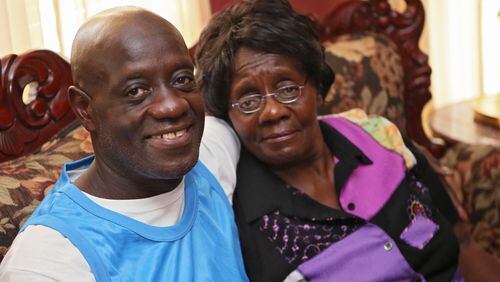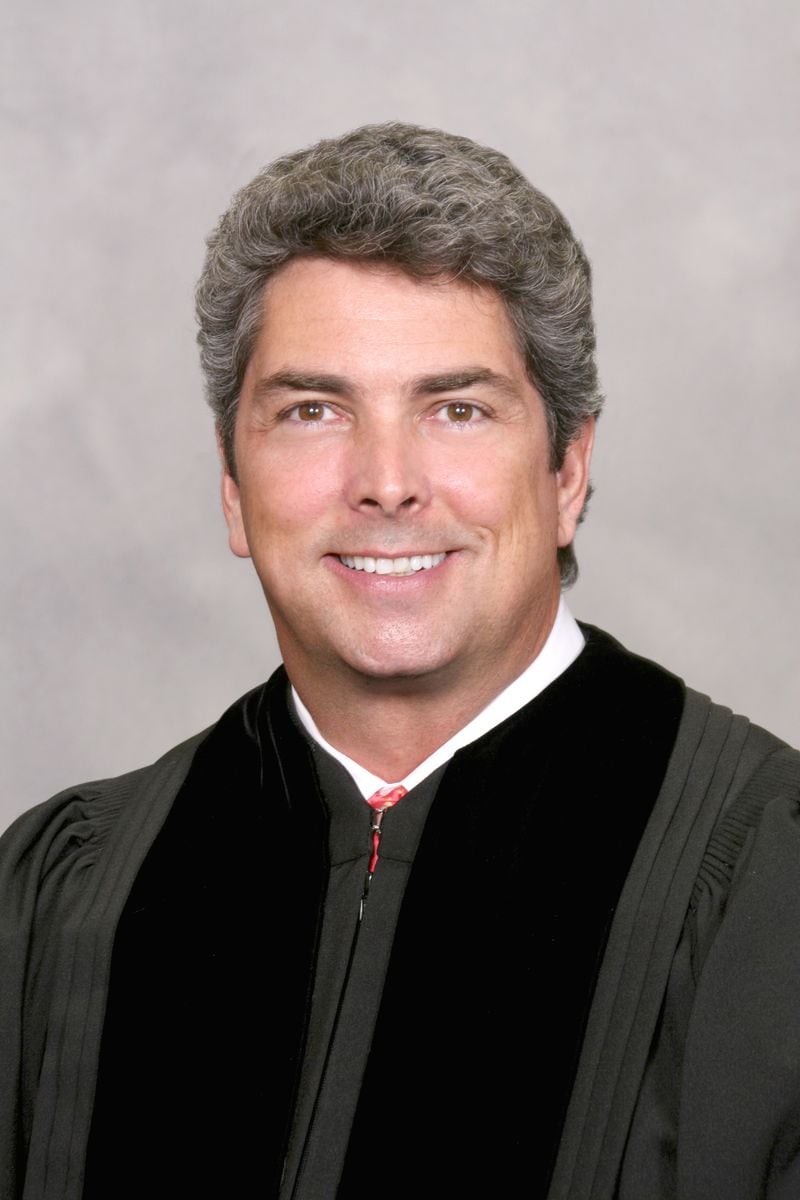Some low-level drug offenders left out of a new criminal justice reform law may get relief next year.
Gov. Nathan Deal told The Atlanta Journal-Constitution that it would make sense to look at some non-violent offenders "who have maybe slipped through the cracks" and are not covered by a new law that is offering parole consideration to some repeat offenders.
"We would be willing to take a look at it," Deal said.
A special report in Sunday's editions of the AJC told the story of Darion Barker, the first person to be paroled under a law that kicked in on July 1. View a summary of Barker's story through this AJC video.
Credit: Carrie Teegardin
Credit: Carrie Teegardin
The new law allows a limited group of drug offenders to get a chance at parole, something they could not get in the past. People sentenced to lesser drug possession offenses, however, are not covered by the law.
Georgia's tough-on-crime laws generally do not allow people sentenced as recidivists -- defined as a fourth felony conviction -- to be considered for parole. That means that some small-time drug dealers are serving life without parole sentences in Georgia prisons.
Credit: Carrie Teegardin
Credit: Carrie Teegardin
Georgia Court of Appeals Judge Michael Boggs and Thomas Worthy, the co-chairs of the Georgia Council on Criminal Justice Reform, said they planned to recommend that the Georgia General Assembly consider legislation that would add inmates serving long sentences for drug possession to the list of offenders who could get a chance at parole, if they meet certain conditions.
Deal said concerns about the damage being caused by drugs in every community in the state caused leaders to resort to long sentences, thinking that if people were locked up long enough, the problem would go away.
"As we know," the governor said, "that has not been the solution."
While Deal said he would be open to looking at relief for some low-level drug offenders, he said he would be more hesitant about relief for big-time drug dealers.
"I do think we have to be very cautious when you start getting into categories of a more serious nature such as trafficking," Deal said. "I do not think we're willing to breach that, until such time as we see what the results have been of this legislation and its implementation."
Criminal justice reform has been a top priority for the governor and his approach has been to roll out changes over time with new reforms passed every year.
"We've had a great impact," Deal said. The governor said that by last year, about 4,100 Georgians were involved in one of the state's accountability courts, which are special courts for drug and DUI offenders, as well as veterans and people who have mental health issues. These hands-on courts are an alternative to prison and emphasize work and overcoming addiction and other issues that can lead to crime.
Deal said most of those 4,100 people would have been locked up in the past, but are instead assigned to programs that can turn their lives around.
The justice system reforms have led to a drop in the prison population, he said, with prisons more dominated by violent offenders and less filled with inmates serving time for non-violent crimes. "That's the way it should be," Deal said. "That is what prisons are for, for those considered dangerous to our society."









